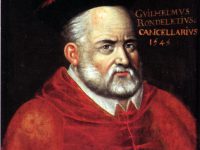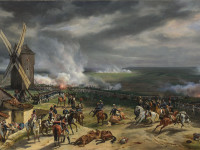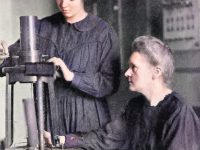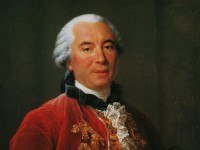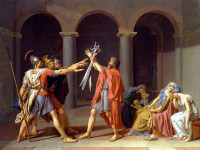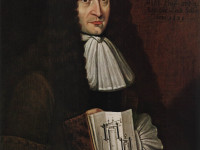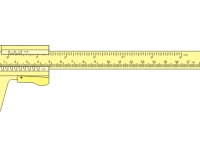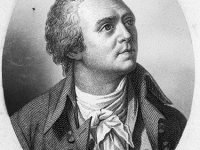Guillaume Rondelet and the Aquatic Life
On September 27, 1507, French anatomist and naturalist Guillaume Rondelet was born, who had a particular interest in botany and zoology. His major work was a lengthy treatise on marine animals, which took two years to write and became a standard reference work for about a century afterwards, but his lasting impact lay in his education of a roster of star pupils who became leading figures in the world of late-16th century…
Read more

